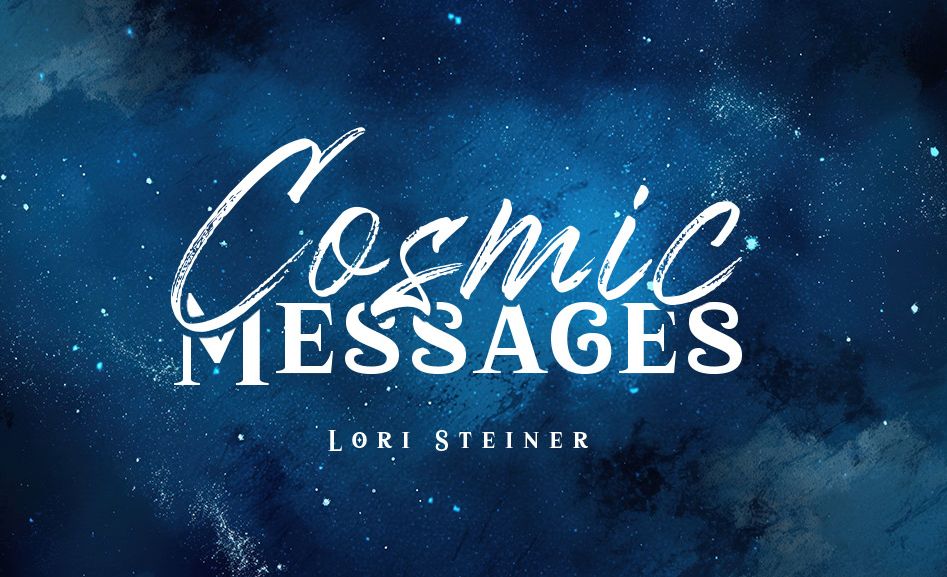
Fundamentals of Conversation
Sometimes things in our lives change that make us disregard the basic principles of talking to one another, to the point that we need to take a few minutes to remember them…

It was a nice Kiddush at my shul (synagogue) in Netanya. A family was celebrating their 10th anniversary of making aliya. An “Anglo” Shul, two thirds of the community were Israelis like me – we immigrated from English-speaking countries. I enjoyed loading both types of kugel onto my plate, Jerusalem kugel made of sweet noodles, and the European variety made of potato.
That’s when my friend put his hand on my shoulder.
“Dov, how are you?”
“Great David. How’s life?”
We smiled and talked about the summer. We shared stories of the hikes we went on. That lasted for about 3 minutes. Then one of us dropped the T bomb.
“Can you believe what President Trump did last week?”
We live in Israel so talking about liberals and conservatives in America is kind of like talking about the Houston Astros and Seattle Mariners, entertaining in a disengaging sort of way. It enables us to discuss, but not argue. Then David’s wife puts her foot down.
“No politics on Shabbat. Enough!”
Immediately, we both piped down and I started eating my kugel. Then silence. 30 seconds. 60 seconds. 90 seconds.
“Dov, it’s been great talking to you. See you next week.”
 We looked at each other and smiled. We came to the very clear conclusion that if we can’t talk about President Trump, there’s nothing else to talk about. We burst out laughing.
We looked at each other and smiled. We came to the very clear conclusion that if we can’t talk about President Trump, there’s nothing else to talk about. We burst out laughing.
Yes it’s funny, but it raises some red flags:
1. What if Trump is forced into squeezing us in Israel in order to appease his political enemies? What if some of that pressure comes from Jews? Will we no longer feel hatred as we talk? Will we be able to resist hating our fellow Jews?
What about the same conversations taking place in Synagogues in blue states like California and New York, or red states like Florida and Georgia? Are Jews laughing at the end of these conversations?
2. Have we lost the ability to relate to one another about anything that doesn’t have to do with the political situation in America? To those of us living in America, doesn’t the obsession with talking only politics only serve to deepen the divisions over there?
Sometimes things in our lives change to the point where they make us disregard the basic principles of talking to one another. We need to review the fundamentals of conversation.
What else can we talk about in Shul?
1. The person you are talking to. The number one rule in conversation is that we all love to talk about ourselves. If there is one topic we could push aside politics for, it’s the subject about our lives. Whether it’s “Enough about you, let’s talk about me,” or “Enough about Trump, let’s talk about me,” the best conversationalists have always been those people who got others to talk about themselves, and just listened. They revive the two golden rules of talking: Talk about the other person, and when they are talking do not think about what to say next. Don’t think at all, just listen.
2. Family. This covers a lot, especially if you know the details of the family members of whom you are talking with. How are the children, Sara and Yossi? How are your folks? Was the wedding a show stopper? This covers school for the kids, the last family trip, everyone’s hobbies and goals, and what’s new with everyone. This is a powerful extension of #1.
3. Health. This can cover going to the gym, running every day, current diet, or a health issue you know they are contending with. You can even read a few general articles on a particular subject to have at the ready.
4. A Torah anecdote. The Breslev website is full of wonderful and inspiring stories about emuna, joy, and Hashem’s daily miracles. Many of the articles are clothed in everyday stories about how Hashem applies these beautiful concepts to everyday life. At any moment it’s easy to blurt out, “I just read the most amazing story, it was about . . .”
5. This week’s Parsha. If we have a history of talking about politics and sports, starting a conversation with a Torah shiur may come off as a little strong. There is a trick: talk about the Rabbi’s speech. He will certainly refer something in his weekly sermon to this week’s parsha. You can easily take that reference and say something like, “It’s interesting he chose that part of the parsha. I learned the other day that . . . .” It’s a great invitation. The person you are speaking with may feel an urge to outdo you – and you both will learn something. TIP: when he one-up’s you, smile and say “I didn’t know that.” Then, let him keep talking. Refer to #1 and #2.
All in all it’s a great exercise about letting everyone else get the last word in, remembering that who you know and how you know them is far more important than what you know, and that the greatest blessing of our time is to correct our sins of baseless hatred and pointless talk with words of love, peace, and respect.











Tell us what you think!
Thank you for your comment!
It will be published after approval by the Editor.